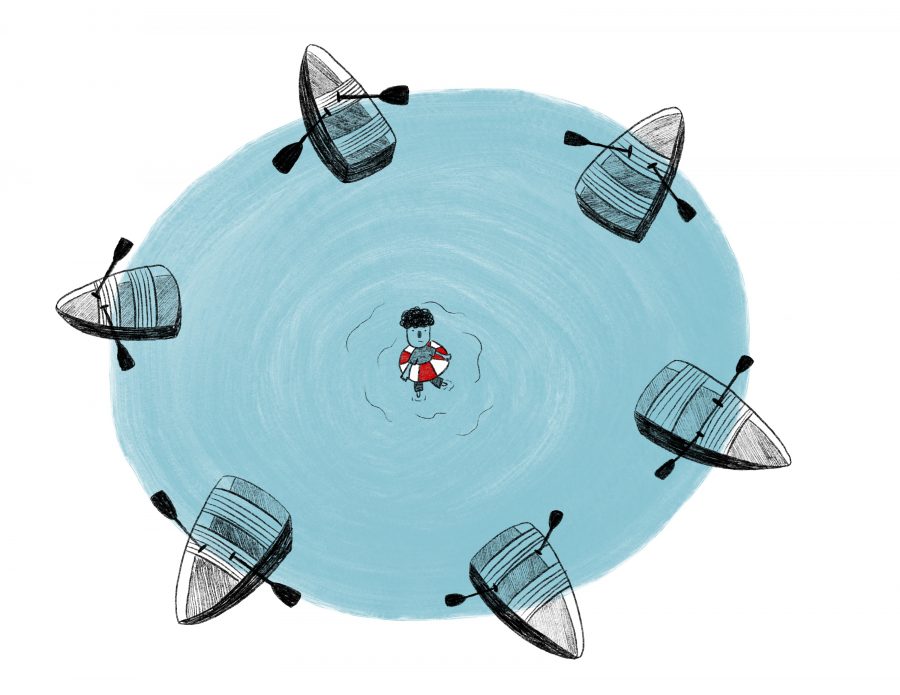Imagine competing in a race and being expected to finish alongside everyone else, but having to start ten steps behind. That is the world that students living with a disability face at all levels of academia.
The solution to closing that gap is academic accommodations, which are meant to provide students with equal opportunity to succeed. Oftentimes, however, students using accommodations are forced to deal with apprehension and distrust — especially from uninformed peers in classes — in the form of jokes and derogatory remarks.
One common misinterpretation is that students using accommodations in the classroom are faking it or attempting to beat the system. This is due in part because many learning disabilities have no outward signs, which causes these students to be misunderstood.
The Services for Students with Disabilities office at UT provides students with their accommodations on a case-by-case basis, and the accommodations are thoroughly discussed and explained by the services coordinator to ensure that they will be of assistance to the student.
“People with accommodations have jumped through an absurd amount of hoops to receive their accommodation, especially at the college level,” said Sara Irvine, a physics and Plan II freshman. “There is legal documentation saying that these people are allowed to receive their accommodations.” For Irvine, who was diagnosed with dyslexia at 8 years old, her accommodations are necessary to succeed in her coursework.
Another common misconception is that students using accommodations are not required to complete the same course requirements as their able-bodied peers. However, in accordance with Title II of the Americans with Disabilities Act, accommodations may not fundamentally alter the program or course. Instead, they provide an alternative way to complete course by reducing disability-related barriers.
“Personally, extra time allows me to check my work, which I need to do because my brain will oftentimes ‘flip’ numbers around and do basic math wrong,” Irvine said. “And for English it gives me time to gather my thoughts and form them into words, which for me takes more time than the average person.”
Accommodations provide the hope for disabled students that they will be able to succeed. Testimonies on the SSD website from students who have used accommodations and services ecnourages new students to register with SSD rather than struggle to perform in the same way as their peers.
For me, registering with SSD was the first time I had been told I could receive help. I didn’t know I was entitled to assistance. My whole life I had compared myself to my peers as though we were on equal footing and never given myself a fair chance to succeed.
That internal struggle can be difficult for students using accommodations to navigate, and in college can be magnified by added stress and increased academic rigor. The last thing that disabled students need is to face continued ridicule and disbelief from their able-bodied peers and professors.
The SSD office encourages students using accommodations to be self-advocates for their disability. And for many, like myself, I’m happy to explain to anyone how accommodations have helped me succeed in my courses.
Staying informed is the best solution for equalizing the treatment of disabled peoples across campus. Next time you encounter a student using accommodations, I’d encourage you to ask these questions. They may not answer, but even making the effort to ask is a small act of kindness and a refreshing break from the distrust disabled students face every day.
Remember that students using accommodations aren’t receiving a head start — they’re catching up.
Cooper is a Plan II and journalism freshman from Austin.


















